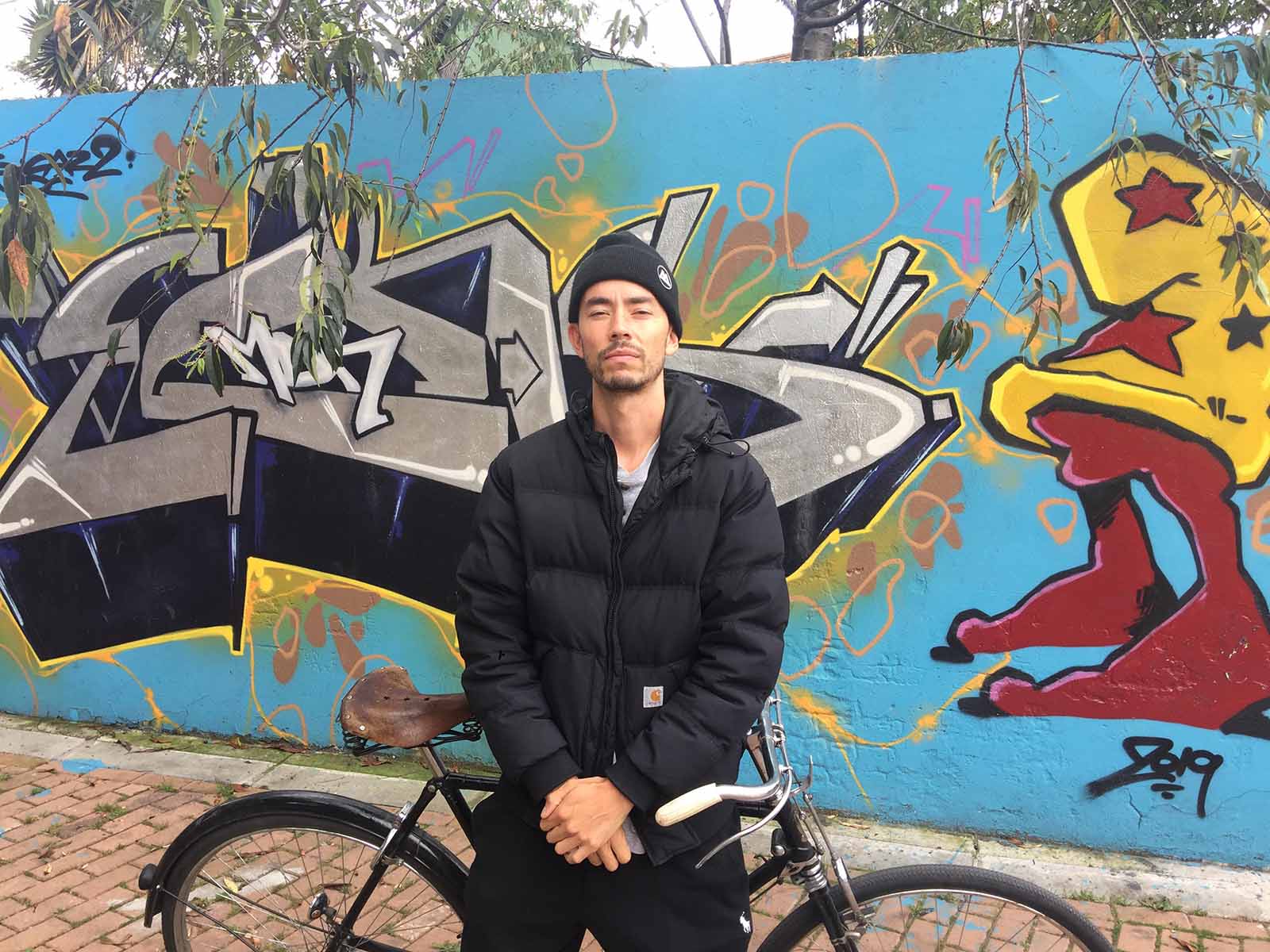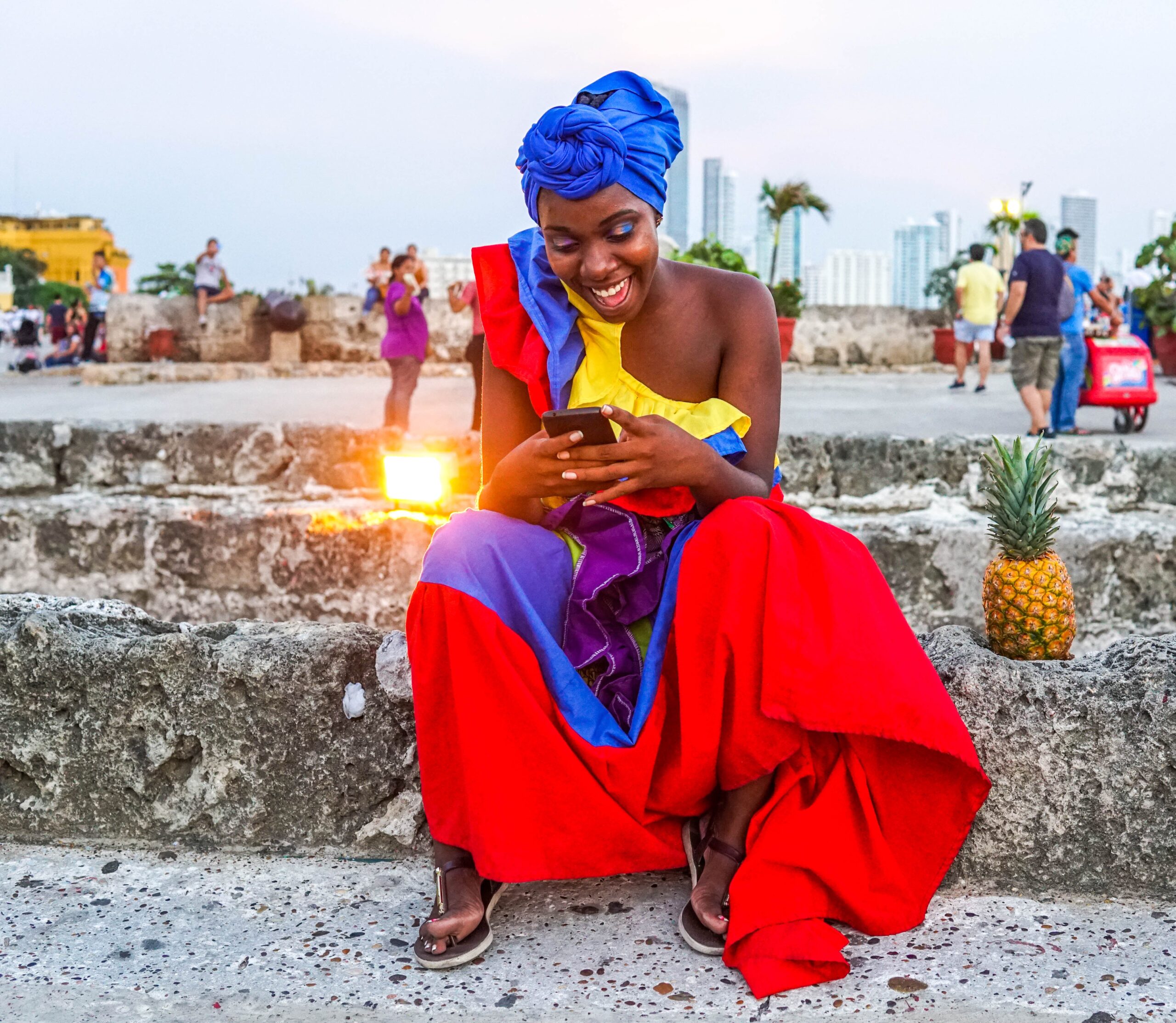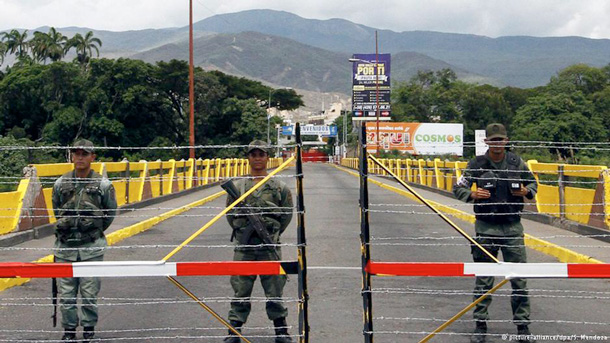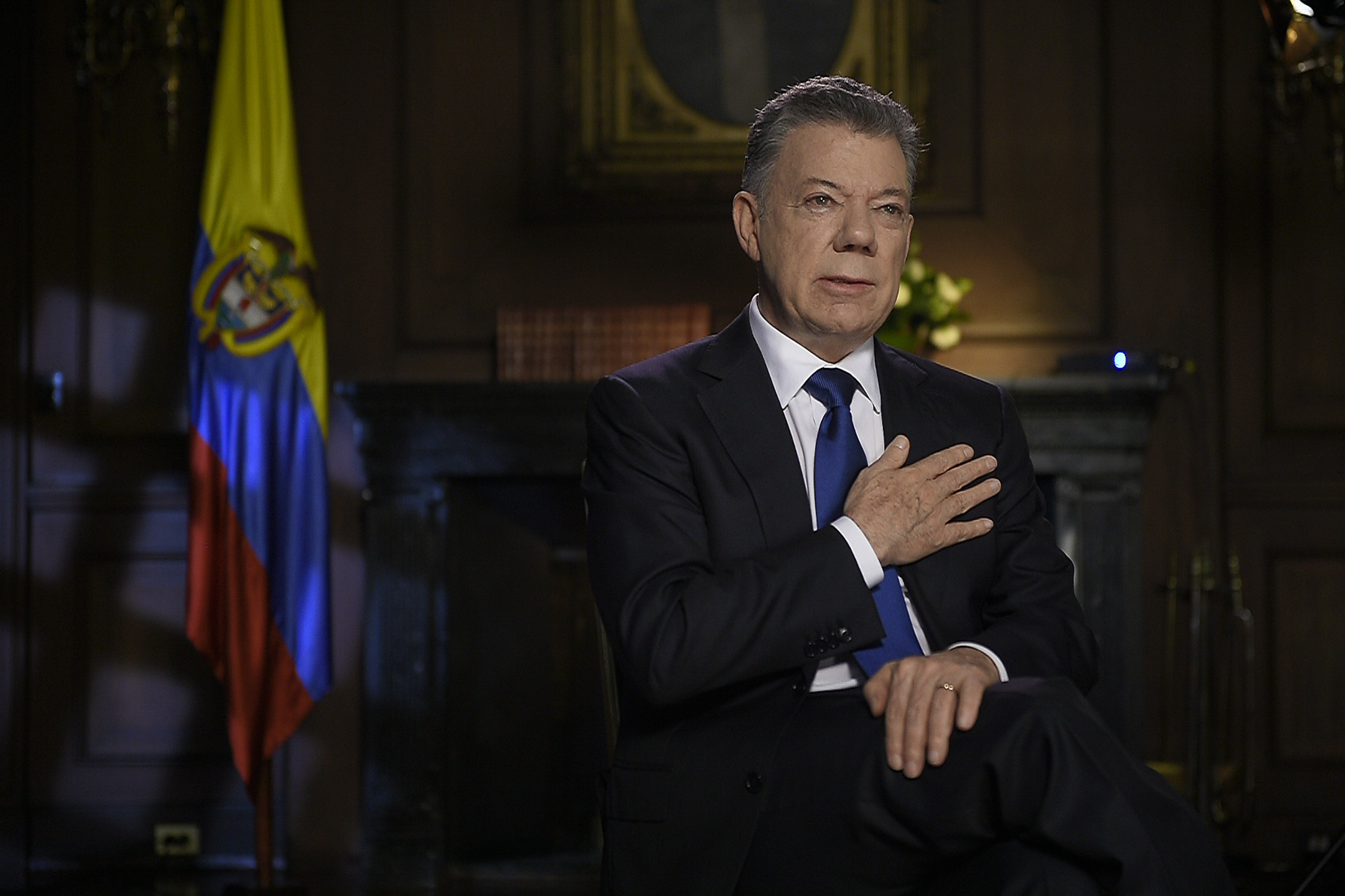 Faye Griffiths points out that while condemning the environmental catastrophe in Putumayo, we should also spare a thought for the equivalent catastrophes caused by our day to day lives
Faye Griffiths points out that while condemning the environmental catastrophe in Putumayo, we should also spare a thought for the equivalent catastrophes caused by our day to day lives
The images of the FARC-destroyed pipeline in Putumayo make for depressing viewing. Of course they do. Is there anything more visceral, more flinch-provoking than a bird’s eye view of a beautiful, winding river being engulfed by the thick sludge of crude oil? Is there anything more heart rending – and sadly more familiar – than the victims of such environmental disasters being the most humble and vulnerable human beings, usually entirely disconnected from the causes of the catastrophe?
When people understandably question why the FARC are doing this or have done this, the answer is not complicated. They are still at war and they are a guerilla army. Guerilla warfare works by using the assets, wealth, reserves and equipment of the greater power against it, with the aim of causing enough economic damage to weaken the enemy and force concessions. From a military strategy point of view it seems to make sense. However, in respect to the FARC ́s long term aims of entering politics, it seems contradictory because it serves as another problematic example of how they are no longer really fighting for the best interests of the country’s poor and vulnerable.
It seems like the attack in Putumayo was a very physical, tangible symbol of the nature of the conflict: dirty, fetid, and seeping into every aspect of daily life for some communities. The responses from both sides were leached in hypocrisy too. The guerilla claimed they were not proud of the act, yet that is of little compensation to the fishermen of Tumaco. You have to question the fight when the actions committed – against a supposed and common enemy – wreak more havoc on the people you seek to defend. Something is clearly lost or perverted if it has come to that. Although it’s hard to think of a war where it hasn’t happened to some extent.
It would be nice if we could just leave it there, though, and say that the FARC are the only villains here for blowing up an oil pipeline, except that the president and the Minister of Environment claim this is the worst environmental disaster in ten years, and go on to lament the horrific destruction of the ecosystem.

Oil slick floating down one of the many rivers damaged after the bombing in Tumaco, Nariño.
I’m sure there are sophisticated ways of measuring the scale of environmental disasters, and clearly there are some which have more immediate catastrophic effects than others. However, if you look at Colombia over the last ten years, it would be fair to say that the whole decade has been one big environmental disaster. Thousands of acres of rainforest have been lost to make way for cattle production. The impact of chemical spraying in the countryside, thankfully halted, will be felt for many years to come. Construction projects on humedales mean colegios campestres and English style housing estates are part of the landscape in Chia. Ancient hardwood trees are being sold to Canadian loggers in Choco, and then there is the threat to the paramos. The list is too long to cover here. Yet since the pipeline attack the government has become Greenpeace.
But beyond Colombia, beyond this dirty conflict and all the horrors it involves, there is a more all-encompassing question: why does oil only horrify us when there is an accident? Why are we only concerned about the environmental effects of oil when we see the heavy, choking menace of it on an innocent water system? So many of us who condemned the attack in Putumayo for its blatant disregard for the environment and the people of the region have no qualms about guzzling up the disgusting, planet-burning stuff all day and every day. When we fly, jump in a taxi, use computers, buy drinks in plastic bottles, buy new stuff we don’t need, we’re probably causing as much, if not more damage, than the spilled oil creeping its way down the rivers of Putumayo. The only difference is that the consequences of what we’re doing are just a little bit further downstream and we’re not programmed to think about long-term dangers. But we should.
All reports, all predictions point to an unstoppable global catastrophe if we cannot keep a global temperature rise at 2 degrees. The only way we can avoid those catastrophic increases is if we stop burning up fossil fuels. Yet we are heading towards a 4 degree increase the way spilled oil heads down a river: steadily, surely and with nothing to really pull the brakes on it. It isn’t just the oil problem. It’s easy to cry a river for the rivers that the FARC have just poisoned with this bombing of the pipeline, but where’s our concern for water when we’re tucking into a burger? Just one quarter pounder uses 72 litres in its production. Shouldn’t we be just as bothered about that?
So this doesn’t mean that we shouldn’t condemn the FARC’s latest act of war. It means we should perhaps not be so quick to pretend we’re a million miles away from it and ignore the environmental terrorism that we are all wholly complicit in – even if we do remember to tell the shop assistant that we don’t need a plastic bag. It means we can’t ignore what the oil was doing there in that pipeline in the first place, who was benefiting from it, and who are the biggest consumers of it. Today it might be Tumaco that suffers, but if we keep ignoring the problem that oil and the economic system it supports pose to our planet, then this current horror will look like child’s play in comparison to what’s to come. In effect we’re all creating our own Tumacos of the near future. Do any of us have the right to sit in judgement?
The Opinion section is a space for your views and opinions. We’ve featured articles on all aspects of life in Colombia – from the free trade agreement to bull fighting.Whether you agree or disagree with anything we’ve written, we’d love to hear your thoughts – leave a comment below, tweet us at @bogotapost, post on our Facebook page /BogotaPost or email us at [email protected].The articles in ‘Opinion’ are commentary, not news reporting. The views expressed in this section are those of the author and do not necessarily reflect those of The Bogota Post or its publishers. The publishers take no responsibility for the accuracy of any information published in this section. |





